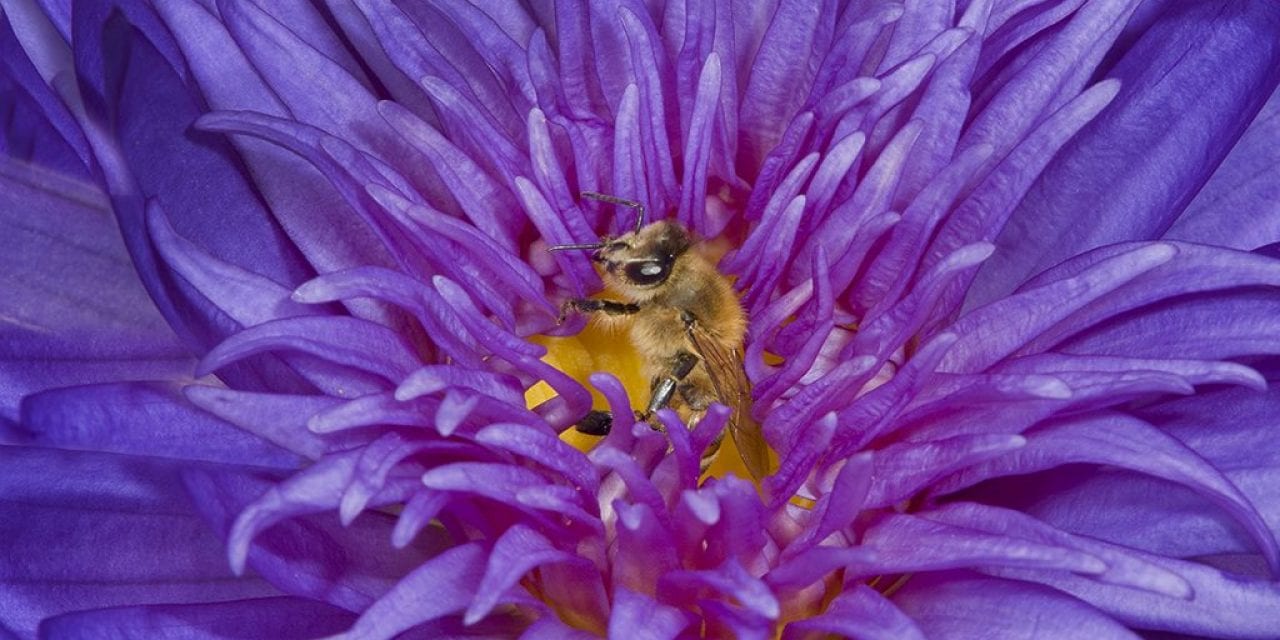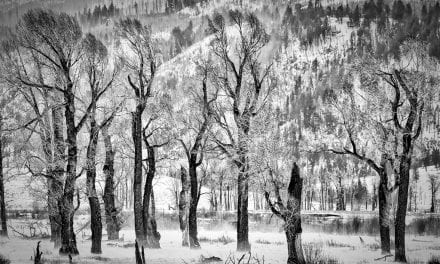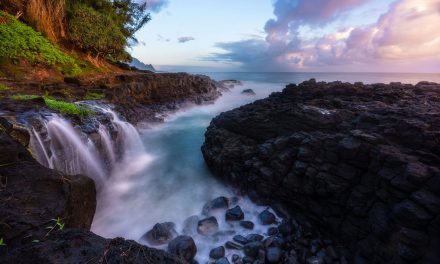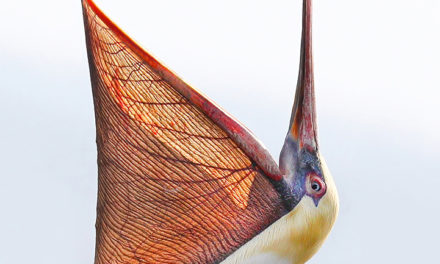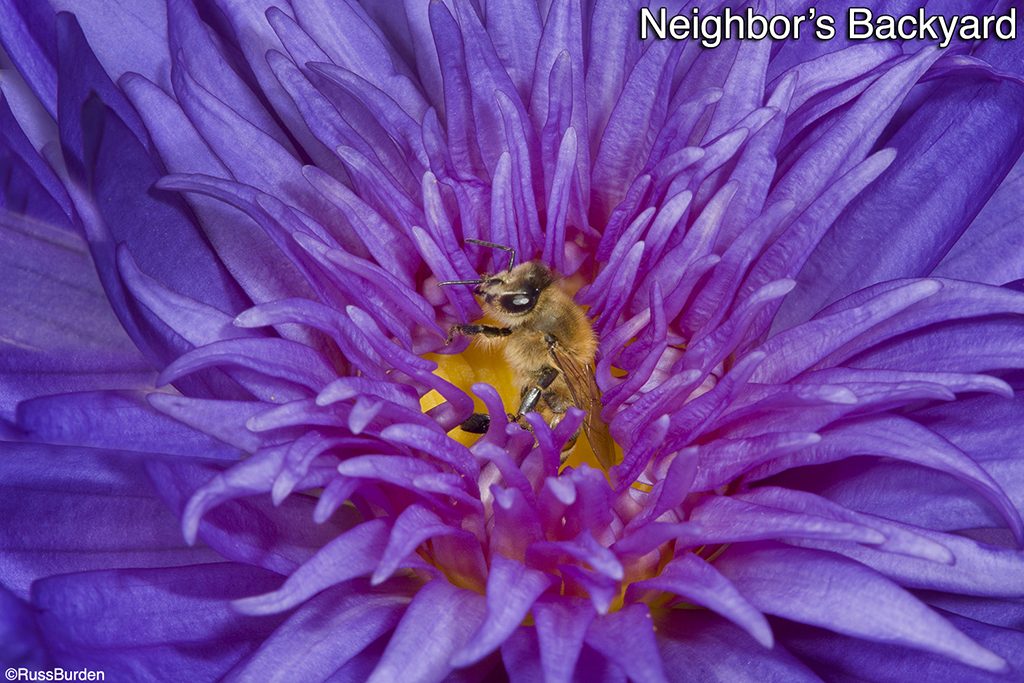
The definition of travel is “to go on a journey, often of some length which typically occurs abroad.” That being said, people travel to work, the store and the mall, so travel needn’t be restricted by a designated number of miles or a definite time duration. There’s neither a minimum on the number of hours, days or weeks nor a minimum number of miles one must travel from home to meet the definition.
The reason I make a big point of this is that many photographers restrict their photography to the times they travel great distances. Large gaps of time go on between vacations and the photo gears get rusty if photography is solely restricted to when you “travel.” Especially during the COVID-19 pandemic, I encourage you to broaden your definition of the word and give yourself permission to travel locally to motivate you to use your camera often. More use provides more familiarity with your system, which in turn leads to fewer lost images. Here are some ideas for travel photography close to home.
Photography Close To Home
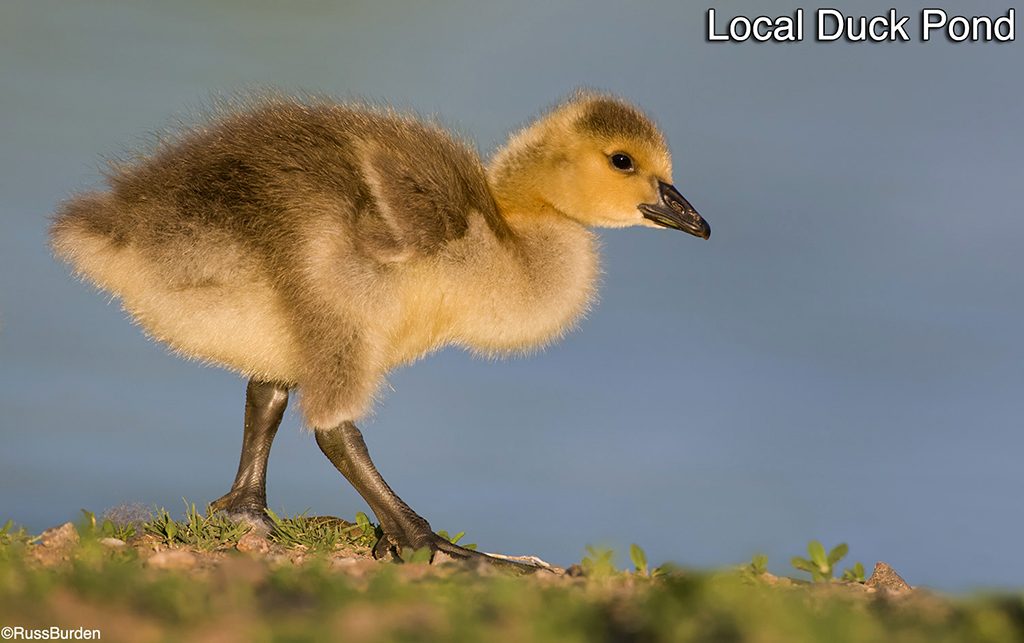
Photography close to home could mean your neighbor’s yard or a local park. If you’re lucky enough to have a neighbor who maintains a gorgeous garden, ask permission to make images of their flowers. Flowers attract insects so you can capture wildlife. Flowers also attract birds, which provides more wildlife opportunities. Use flash outdoors to fill in shadow areas. Most great nature images are made in sunrise and sunset light but, if you use flash on a macro subject, it can become the main light as it overpowers the sun. Use the sun as your fill light! Break out that macro lens you swore you’d use more often but sits in the closet most of the time. A local duck pond in the spring is a great location to photograph nesting waterfowl. Get out at sunrise—there will be fewer people and the babies are more active.
Weekend Getaway Opportunities
A weekend getaway provides a great opportunity to oil up the photo gears in your head that have rusted since your last vacation. Even though the use of a camera is like riding a bike when it comes to hand/eye motor recall, the longer the dry spell, the longer it takes to remember where a given button or dial is located or what a given button or dial does. In the time it takes to remember how to change a setting, the action may be gone, the sun may now be obscured by thick clouds or the subject may have sauntered to a location with a busy background. All these factors contribute to poor-quality photos.
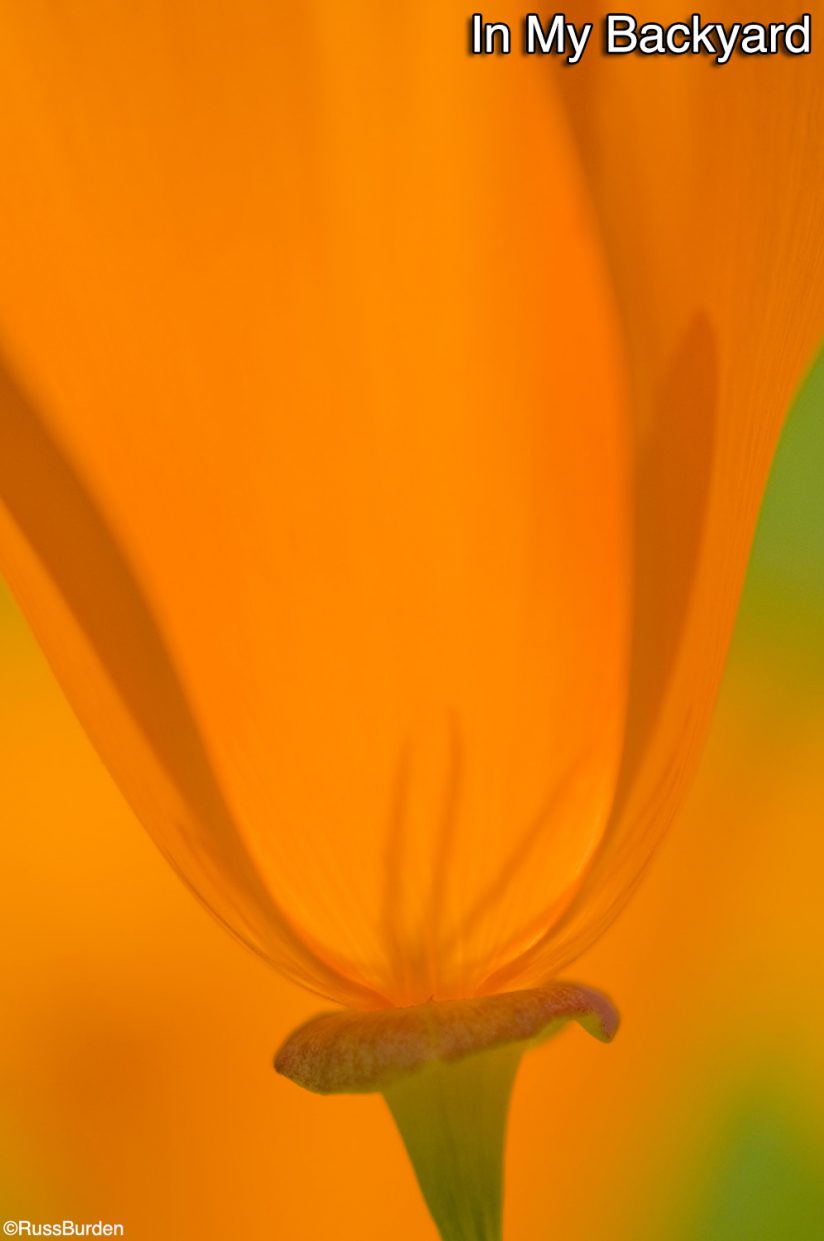
Join A Local Camera Club
Camera clubs exist to promote interest in photography and have members be there for one another. They mostly consist of retired people who share their love of photography, but don’t let this prevent you from joining. For decades, I was always the youngest member of any camera club I visited where I gave a lecture or was invited to judge a monthly competition. Without the help of many members of numerous camera clubs, I wouldn’t be where I am in photography. Just think that each time you head to one of their meetings, you’ve traveled to your destination!
Other Local Travel Spots
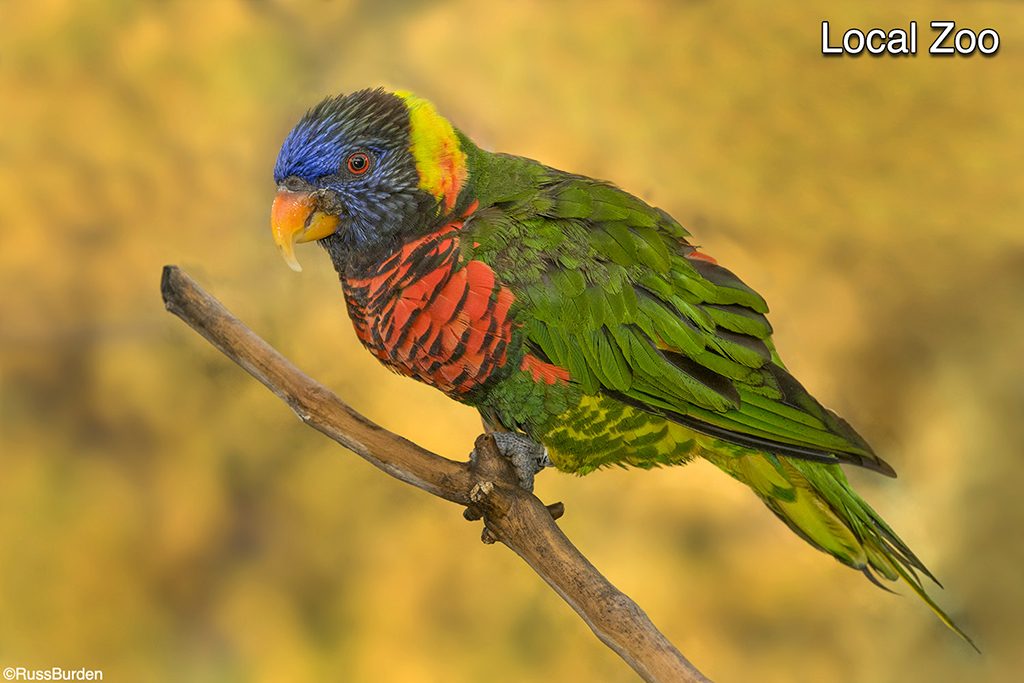
To make better images, travel to your local zoo and practice some wildlife photography. Travel to the top floor of the highest building in your area to learn about landscape lighting at sunrise and sunset. Watch how the shadows fall and note the warm colors of the light. Place the numbers one through 10 in a hat and pull one out. Travel that number of miles in any one direction and photograph what you see when you arrive. Don’t let the rust build up—keep your photo gears greased, keep your shutter finger engaged and stay involved so the camera becomes an extension of your hand rather than a foreign body of plastic every five months.
Visit www.russburdenphotography.com for information about his nature photo safaris to Tanzania.
The post Travel Photography Close To Home appeared first on Outdoor Photographer.

